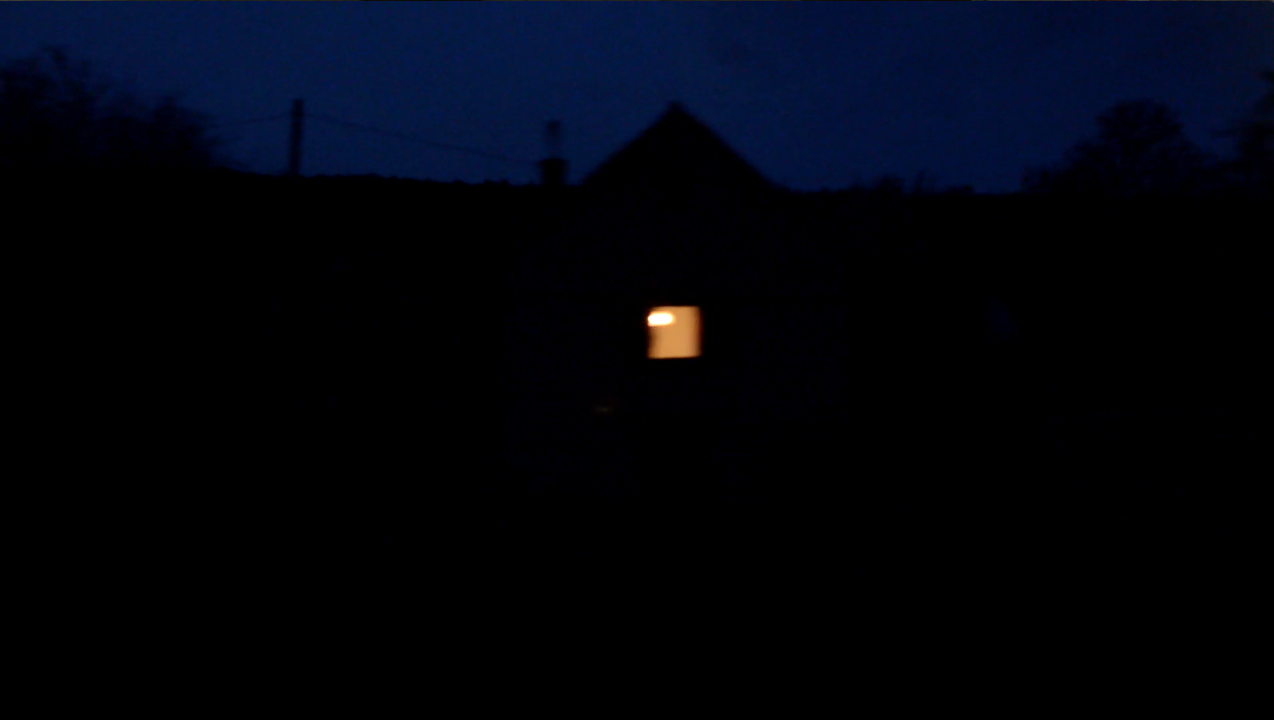Ellen Jacobs, ADA
compositie
Daan Janssens
Hoe intens ervaren wij het geluid rondom ons? Wat is de grens tussen de geluiden die ons elke dag omgeven en muziek?
Ellen Jacobs probeert in haar praktijk als componist deze vragen te beantwoorden door in te zoomen op klank en deze te hercontextualiseren. Ze gaat op zoek naar de grens tussen elektronische en akoestische muziek en maakt van beide gebruik om haar klankwereld vorm te geven.
Het publiek wordt in het eerste deel van haar afstudeerrecital uitgedaagd om ruimte op een sonische manier te verkennen en te ervaren. In het tweede deel worden er twee ensemblewerken gebracht. Ada is gebaseerd op Ada Lovelace, een wiskundige uit de 19de eeuw die samen met Charles Babbage werkte aan het prototype van de computer. Ellen baseerde zich voor dit werk op een uitspraak van Ada waarmee zij voorspelde dat er in de toekomst machines zouden zijn die in staat zijn om muziek te schrijven net zoals een mens van vlees en bloed dat doet. Dat deze uitspraak van twee eeuwen geleden vandaag werkelijkheid is geworden werd de basis van dit werk.
Inertia geeft de traagheid van een treinrit weer. Het kijken naar een landschap dat lijkt stil te staan maar tegelijkertijd ook langzaam evolueert naar iets anders wordt weergegeven in de muziek.
How intensely do we experience the sounds around us? What is the border between the sounds that surround us every day and music?
In her practice as a composer, Ellen Jacobs tries to answer these questions by zooming in on sound and recontextualising it. She searches for the boundary between electronic and acoustic music and uses both to shape her sound world.
In the first part of her graduation recital, the audience is challenged to explore and experience space in a sonic way. In the second part, two ensembles are performed. Ada is based on Ada Lovelace, a mathematician from the 19th century who worked together with Charles Babbage on the prototype of the computer. Ellen based this work on a statement by Ada with which she predicted that in the future there would be machines capable of writing music just like a human being of flesh and blood does. The fact that this statement of two centuries ago has become reality today became the basis of this work.
Inertia depicts the slowness of a train ride. Watching a landscape that seems to stand still but at the same time slowly evolves into something else is reflected in the music.
How intensely do we experience the sounds around us? What is the border between the sounds that surround us every day and music?
In her practice as a composer, Ellen Jacobs tries to answer these questions by zooming in on sound and recontextualising it. She searches for the boundary between electronic and acoustic music and uses both to shape her sound world.
In the first part of her graduation recital, the audience is challenged to explore and experience space in a sonic way. In the second part, two pieces for ensemble are performed. Ada is based on Ada Lovelace, a mathematician from the 19th century who worked together with Charles Babbage on the prototype of the computer. Ellen based this work on a statement by Ada with which she predicted that in the future there would be machines capable of writing music just like a real human being does. The fact that this statement of two centuries ago has become reality today became the basis of this work.
Inertia depicts the slowness of a train ride. Watching a landscape that seems to stand still but at the same time slowly evolves into something else is reflected in the music.

“Supposing that the fundamental relations of pitched sounds in the sience of harmony and of musical composition could be expressed and adapted within the analytical Engine, it might compose eleborate and scientific pieces of music of any degree of complexity or extent.” – Ada Lovelace
